There’s a sudden mid-interview pause (pun intended), with FMG’s Chief People Officer Nicki Mackay.
“I've forgotten the question.”
“I completely just lost my train of thought.”
Nicki starts laughing and it catches on around the room.
“There's brain fog in action!” Nicki exclaims.
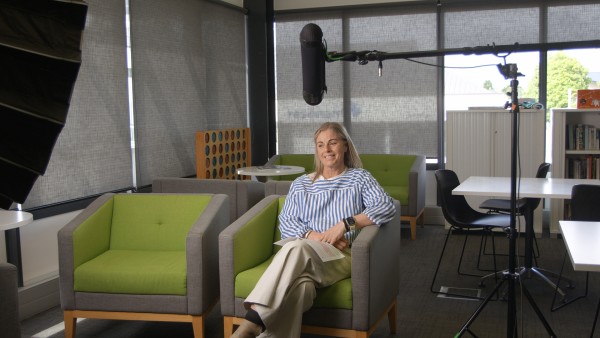
It’s a candid moment in an empowering interview with the person trusted to make sure employees at FMG are having their “best day.”
“If you can't turn up to work and be authentic, then you can't have a best day,” says Nicki.
FMG, a rural insurance provider, has been on a journey to make every day a best day – in particular, in supporting people experiencing menopause and perimenopause.
Menopause moments in Manawatū
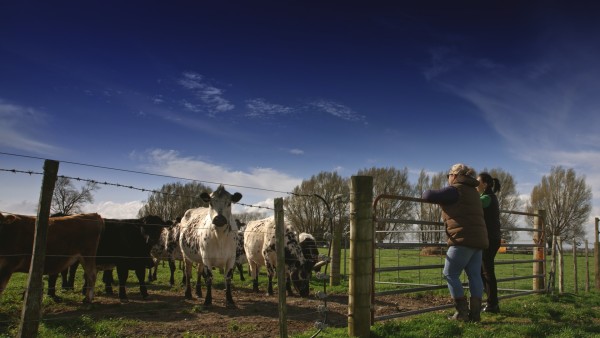
Life and health risk advisor Andrea spends much of her time farmside, meeting with clients in Manawatū.
She’s on the other side of menopause now, but recalling her symptoms is easy: A phantom itch. Heart palpitations. Allergies. Burning through her body. Just to name a few.
It also led to poor sleep, and the feeling of anxiety.
“Just feeling like every day you had a hangover, and I didn't really drink alcohol,” says Andrea.
Often she’s on the road driving hours at a time to get to clients; it meant being prepared.
“You have to be really organised and prepared. Whether that's food, snacks, toilet stops, Disprins and things for your many headaches,” she says.
Andrea recalls that workplace help came from a supportive leader.
“I had a male manager who talked to me and said, ‘Andy, I know that you're just not feeling too good at the moment. What's going on?’ And he put me in touch with support services.”
Andrea was grateful for the support.
Making menopause work at FMG
It’s taking action that matters for Nicki Mackay, as a member of the executive team.
“My message to any organisation starting this work, is just start. Something little. You don't have to have it perfect. It doesn't have to be the largest, best thing you could ever do. It just needs to be one thing,” she says.
That one thing, for FMG, was to “find an expert that we could use to actually come in and talk to our people, to help our people understand or demystify what perimenopause or menopause means for each of them, knowing that everybody's journey is so individual.”
One thing leads to another
Trina Cornelius is from FMG’s health, wellbeing and safety team.
“I've worked in this organisation over 20 years. So, this is my whānau by choice. I want to make sure that we have the right things available to our peers as they're going through life,” says Trina.
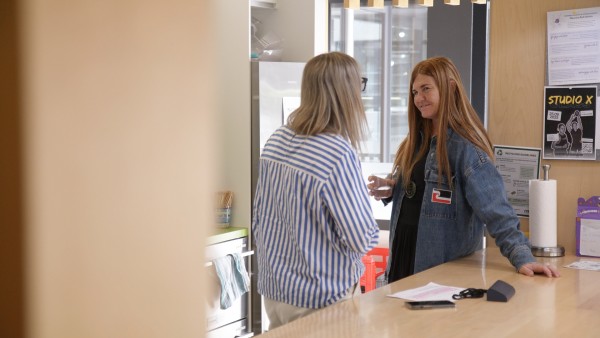
“It all started from some webinars. That opened the door to people communicating a bit more. I started hearing more noise and more people talking about it.”
Surprisingly, just as many men as women joined the first webinars. Now the webinar series is run by employees, rather than leaders.
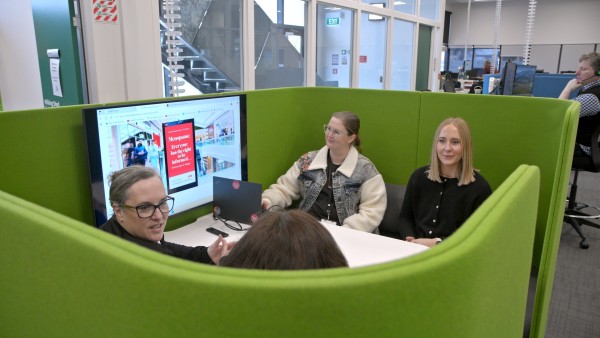
“They share their experience, strength and hope. They share what's worked well for them, what hasn't worked well,” says Trina.
“If we could break down that stigma a little bit, then it would probably make the people that are struggling feel more comfortable to reach out and to get some support.”
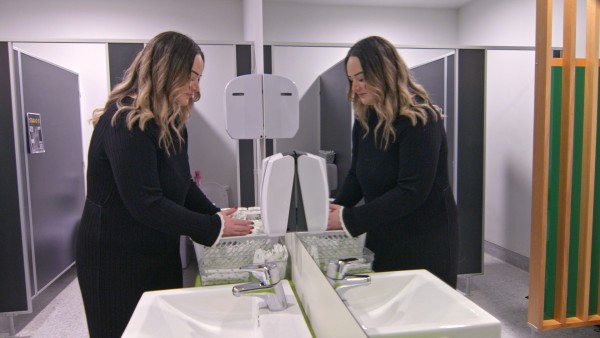
From that first action, much more has followed. FMG now:
- Orders sanitary products for bathrooms, much like it orders stationary.
- Offers general wellbeing days, also called ‘duvet days’ — one type of support assisting employees navigating their menopause journey.
- Employee Assistance Programme (EAP) support focused on menopause assistance.
In a unique offering, male employees can access menopause assistance for a loved one at home “particularly in that menopausal environment for their significant other. Whoever that person is at home, that's really important to them that’s a huge part of their lives. And that’s us recognising that that is about our whānau,” says Nicki.
As Chief People Officer, Nicki Mackay summaries it — that it’s all about care and manaakitanga.
“Talk to your people. What do your people really want? What's important to them and what will help them turn up and be better for themselves as individuals every day?”
